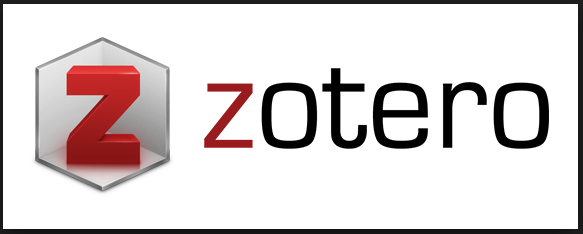Plagiarism Policy
The Journal of Open Technologies in Geophysics (JOTG) is committed to upholding the highest standards of academic integrity and publication ethics. We take plagiarism and academic misconduct seriously and do not tolerate any form of intellectual dishonesty in submitted manuscripts.
What Is Considered Plagiarism?
Plagiarism includes, but is not limited to:
-
Copying text, data, or ideas from other sources without proper citation
-
Submitting someone else's work as your own
-
Reusing large parts of previously published work (including your own) without clear acknowledgment or permission (self-plagiarism)
-
Using AI-generated or paraphrased content without attribution
All forms of plagiarism are considered unethical and unacceptable in JOTG.
Screening for Plagiarism
Every manuscript submitted to JOTG will be screened for plagiarism using plagiarism detection software (e.g., Turnitin, iThenticate, or similar tools) before it enters the peer review process.
The editorial team will assess the similarity index and examine matches carefully. A manuscript will be rejected or returned to authors if:
-
The similarity index is unacceptably high (generally above 20%, excluding references and boilerplate text)
-
There is evidence of uncredited copying or improper citation
-
Significant portions of the manuscript have been published elsewhere without disclosure
How We Handle Plagiarism
If plagiarism is detected at any stage (pre- or post-publication), the editorial team will take appropriate action, which may include:
-
Requesting revisions or proper citations
-
Rejecting the manuscript
-
Notifying the authors' institution or funding agency
-
Retracting a published article (in severe cases)
JOTG reserves the right to impose a ban on future submissions from authors found to have committed serious or repeated plagiarism.
Responsibility of Authors
Authors are fully responsible for ensuring the originality of their work. By submitting a manuscript to JOTG, all authors confirm that:
-
The work is original and has not been plagiarized from other sources
-
All sources and influences are properly acknowledged
-
The manuscript has not been submitted or published elsewhere
Reference Guidelines
Authors are expected to follow proper academic citation practices. Verbatim quotations must be placed within quotation marks and cited accordingly. Paraphrased ideas or adapted data must also be credited to the original source.
For detailed information on citation style, please refer to the Author Guidelines section.
Final Note
JOTG follows the ethical standards outlined by the Committee on Publication Ethics (COPE). We are committed to protecting the integrity of the scientific record and supporting responsible academic publishing.







